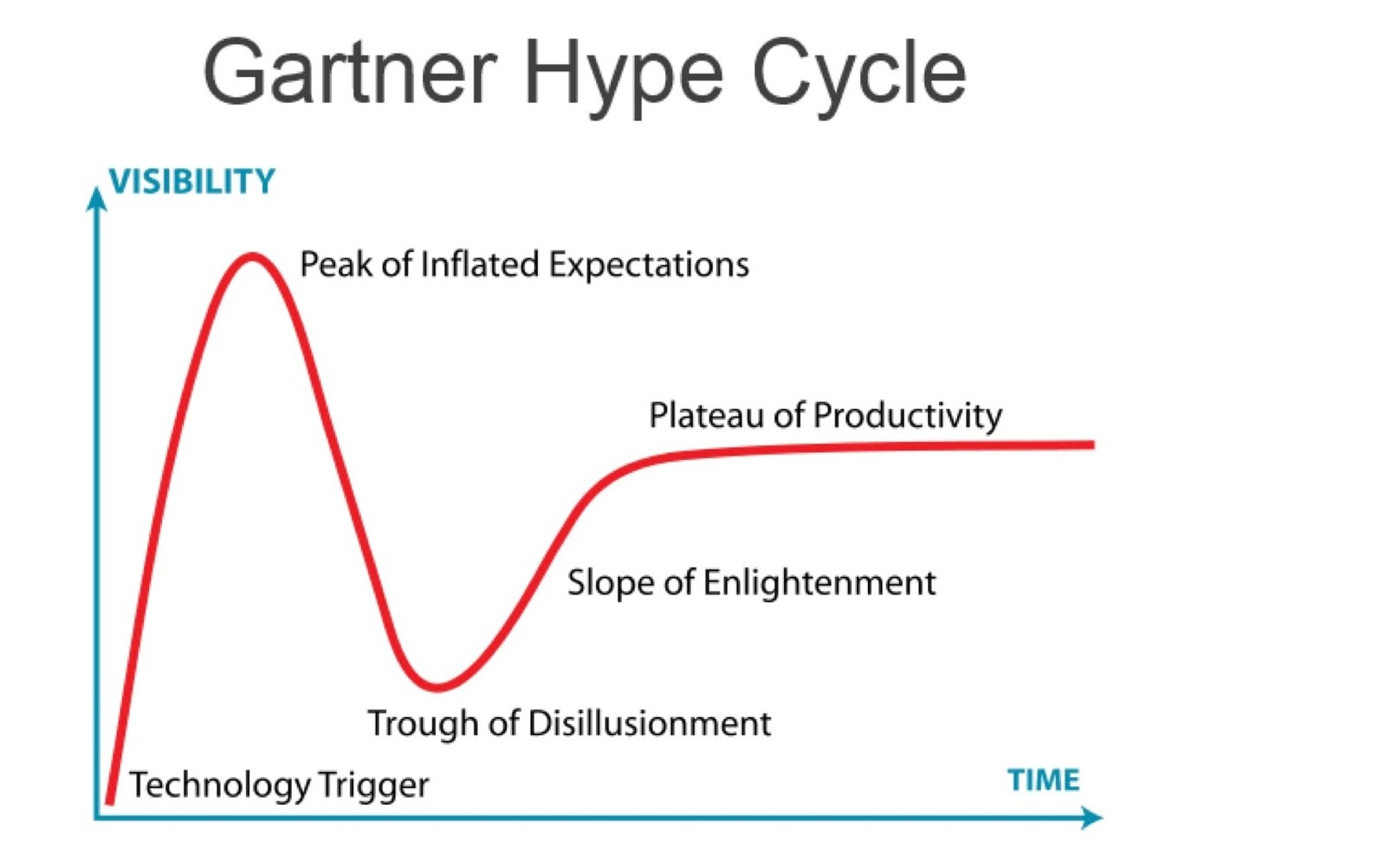this post was submitted on 21 Aug 2024
250 points (94.6% liked)
Technology
59428 readers
3166 users here now
This is a most excellent place for technology news and articles.
Our Rules
- Follow the lemmy.world rules.
- Only tech related content.
- Be excellent to each another!
- Mod approved content bots can post up to 10 articles per day.
- Threads asking for personal tech support may be deleted.
- Politics threads may be removed.
- No memes allowed as posts, OK to post as comments.
- Only approved bots from the list below, to ask if your bot can be added please contact us.
- Check for duplicates before posting, duplicates may be removed
Approved Bots
founded 1 year ago
MODERATORS
you are viewing a single comment's thread
view the rest of the comments
view the rest of the comments

What exactly is holding QC back right now? Does it require near room-temp superconductivity to become viable or is it just in research phase right now?
I remember that AI/ML was held back mainly because of compute power to price ratio.
There are a few different physical systems that people are trying to build quantum computers with. Superconducting loops are one of the most promising ones, because of a halfway decent decoherence rate. And yeah, superconducts needing near 0K temperature to operate is a problem. It's just hard to scale up while everything needs to be so cold. Room-temp superconductivity would be a huge advantage.
But even then, the decoherence rates are still too high for any long quantum computation. Last I heard, the best qubits are maybe barely getting to good enough errors rates that quantum error correction would be possible - which is great, but 'possible' and 'practical' still have a significant gap between them.
So in short, basically everything about the hardware needs to be better; and its just very very hard. Probably too hard to ever achieve the dream of having arbitrary quantum computation. (But there is always the possibility of some big new idea that makes everything work better.)